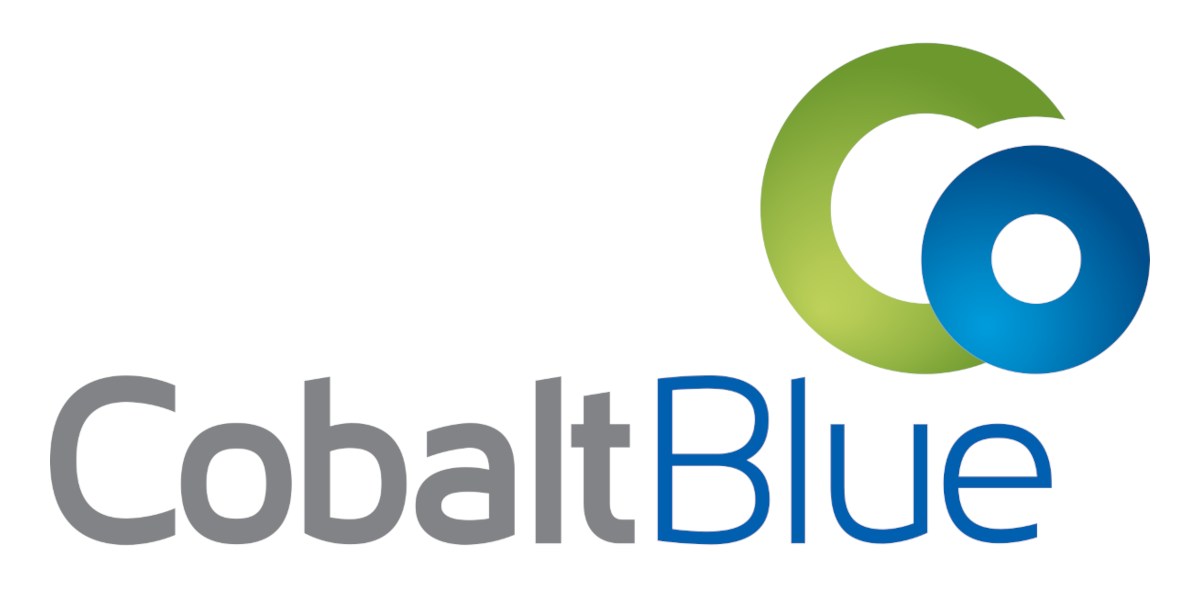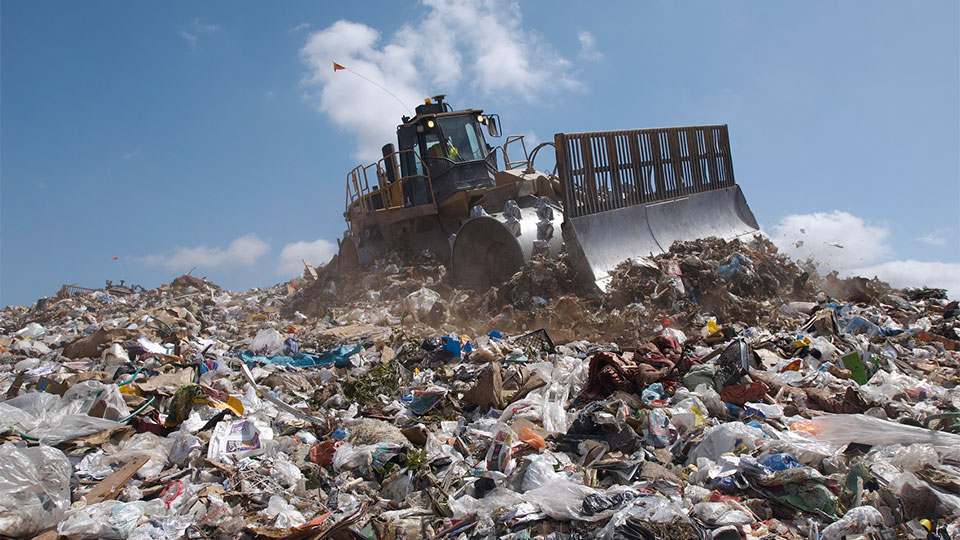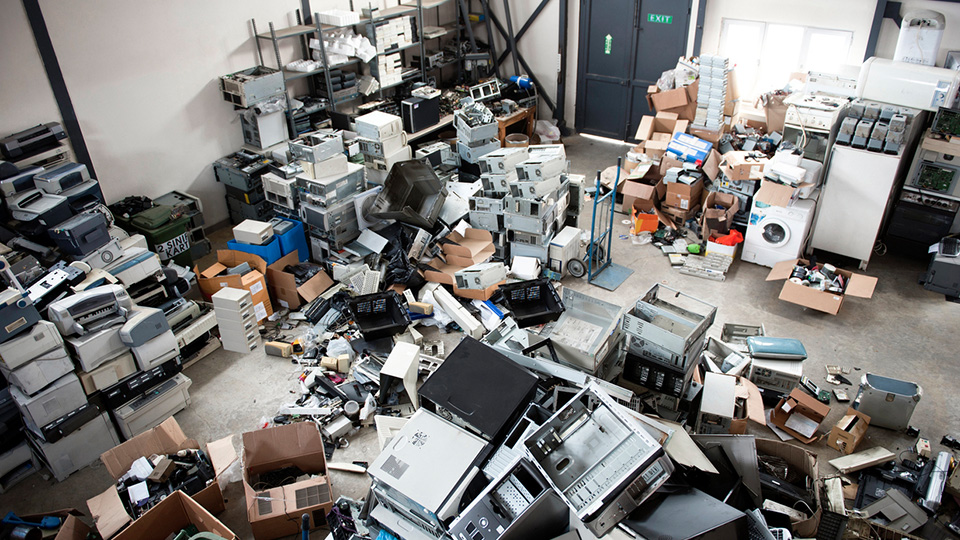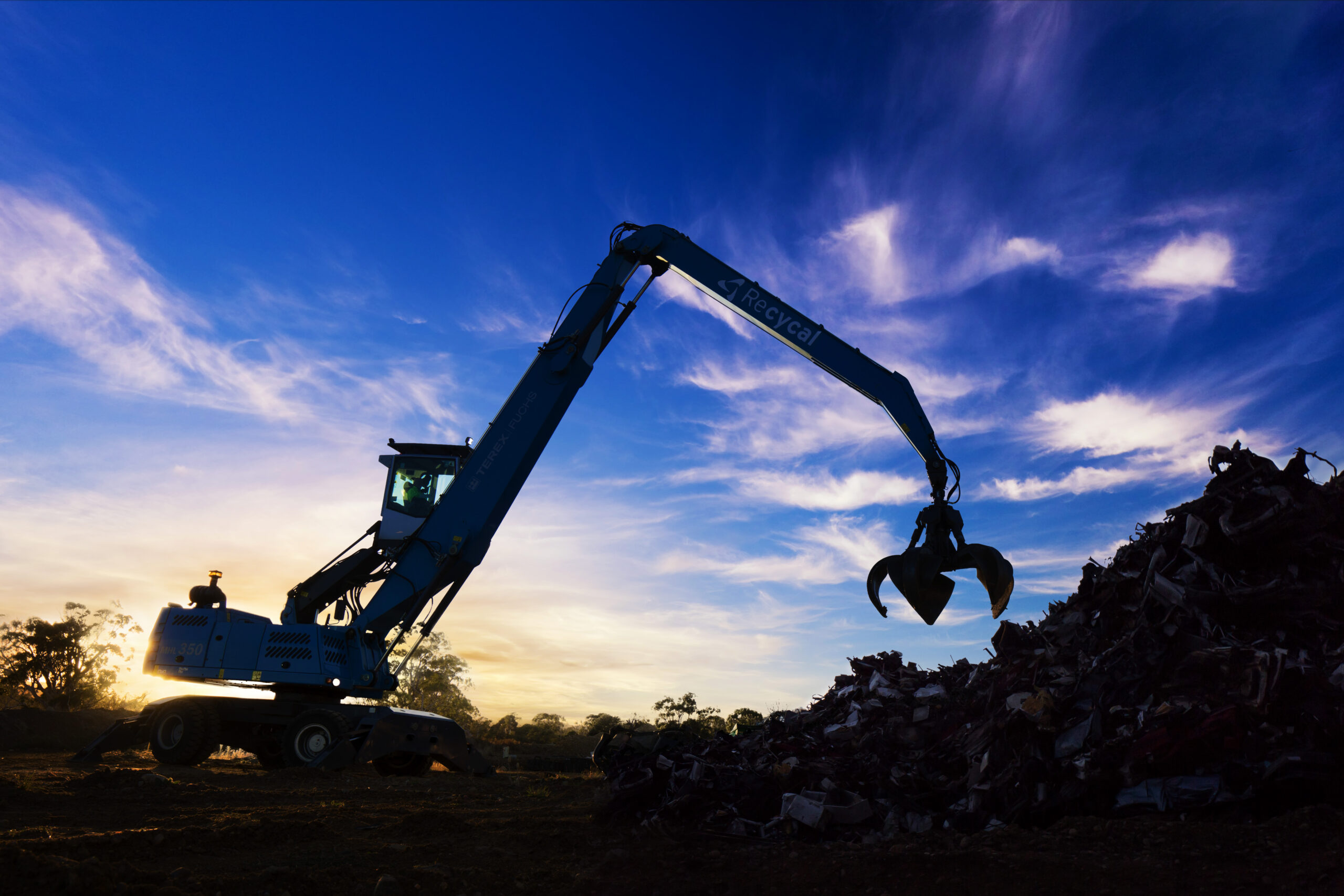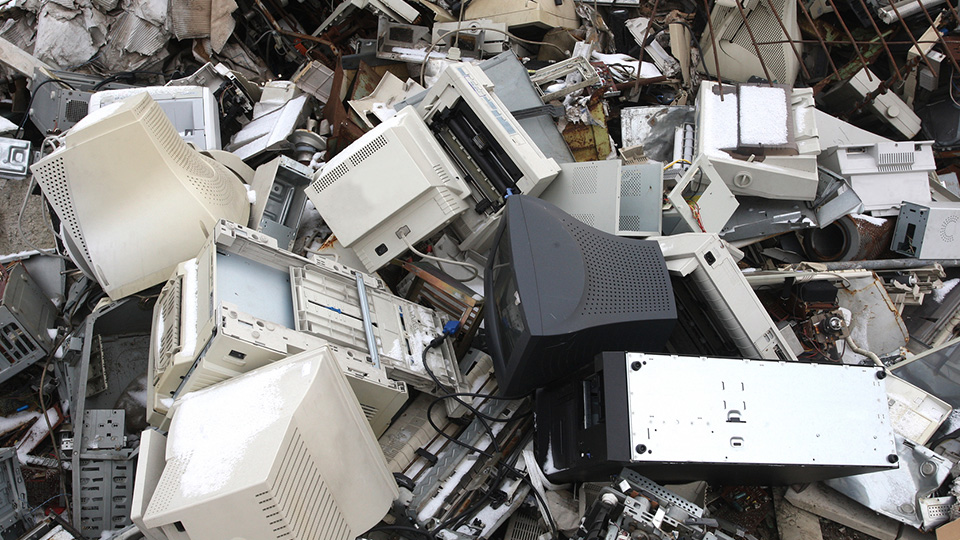An October federal government discussion paper on ESP Policy (Environmentally Sustainable Procurement) for ICT goods illustrates the challenges Australia faces with e-waste. ICT covers goods such as laptop and desktop computers, mainframes, phones and tablets, monitors, servers, printers and other hardware accessories. Importantly, anyone dealing with Federal government departments needs to be aware of the implications of the discussion paper on new procurement categories coming into effect. Indeed, any ICT good category above $1 million threshold needs to apply the ESP Policy.
The paper outlines that the procurement will consider service providers and their ability to take into account demonstrated environmental impacts. It should be noted that service providers must consider sustainable alternatives and implement tools that prove their sustainability claims.
Fastest growing waste stream
E-waste is the world’s fastest growing waste stream. In 2019, Australia generated 511,000 tonnes of e-waste-around 20kg per person compared with a global average of 7kg. By 2030 this is projected to increase by 30% to 657,000 tonnes. Key issues for CIT products are
- Greenhouse gases: 80% of the total carbon footprint of ICT goods is generated before a product is used due to greenhouse gas emissions generated through the supply chain in the production of materials, manufacture of components, assembly of finished products and transport to market.
- Chemicals of concern: Many ICT products have plastic in their casings, circuit t boards and electronic components. This plastic often contains brominated flame retardants, as well as other additives such as UV stabilizers and plasticizers. Heavy metals such as mercury, lithium, lead and barium have also been used in the production of ICT goods.
- Rapid turnover of products: ICT goods often have a short lifespan due to the rapid product development cycle. The interconnection of hardware and software means that software updates can result in otherwise functional ICT products becoming technically obsolete. Lack of repairability mto extend life can lead to consumers choosing to replace functioning devices with newer models.
- Use of recycled content. Increasing the use of recycled materials, including recycled plastics and metals, in production of ICT goods will help to reduce products’ environmental and climate impacts.
The achievement of ISO 14024 standard sets the requirements for ecolabels and declarations with third party certification (Type 1). This certification will provide the basis for ICT suppliers to meet the government’s new draft standards.
E-waste pathways
Currently there are three main pathways for e-waste in Australia. Landfill, metal scrapping and recycling processes where e-wastes are dismantled for recovery. Approximately 54 per cent of all e-waste is currently estimated to be collected in Australia. Furthermore, 80 per cent of this going to low efficiency recycling. According to the E-product stewardship in Australia report there are eight categories of e-waste. Mobile Phones, Solar PV and Battery storage, large household appliances. TV and computing equipment, temperature exchange equipment(fridges), lighting and small and large electronic equipment.
The Ecocycle group of companies through its sister company Eco e-waste specialize in downstream processing and state of the art recycling; with capability to recycle metal, batteries, mercury and plastic. Eco e-waste. is one of five organisations national who deliver television and computer recycling services under the Federal Government’s National Television and Reycling Scheme.
Recycal, is an important member of the Ecocycle group and is a major scrap metal recycler of many of the key categories of e-waste. According to MD, Doug Rowe, “Our group is working towards offering a more integrated e-waste recycling solution with the collection, processing and recovery of valuable minerals.” “Arguably more than any other group in Australia”

